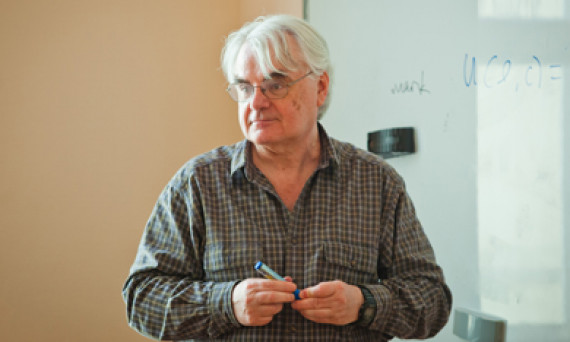Professor Weymark received his PhD from the University of Pennsylvania and taught at Duke and the University of British Columbia. He currently teaches at Vanderbilt and serves on the editorial boards of four prominent economic journals. His main interests are theoretical microeconomics, social choice theory, and welfare state theory. In 2012 he also published an article on evolutionary biology, having applied the methods of social choice theory in this area.
In his course, he examined the mathematical model of taxation that is designed to explain state behavior when the income levels of agents are known, but the level of their operational capacity is not. The optimal taxation system should maximize the general welfare through redistribution, but must not motivate for the most efficient agents to hide their own capacity. The model under consideration is a version of one proposed by Mirrlees in 1971, which considered a continuum of agents. Weymark’s variation concerns a limited set. In this model, the economy consists of two benefits—consumption and labor. Agents are distributed by type with different working capacities. Each maximizes their utility by taking budgetary limitations into account. The goal of the state is to select a tax system that maximizes aggregate welfare under some restrictions, one of which is maximizing the utility of agents. Since the solution to the optimization problem is problematic, an equivalent formulation of state aims is adopted: the state must choose those consumer sets for agents that maximize aggregate welfare. The choice of consumer sets is carried out by means of selecting a taxation system. This solution is characterized by a redistribution of consumption from more to less operable agents but not the strongest, as is the case when the state has complete information.
In addition to this course, John Weymark also met with students to discuss admission to PhD programs in North America.
Vitaly Merso






